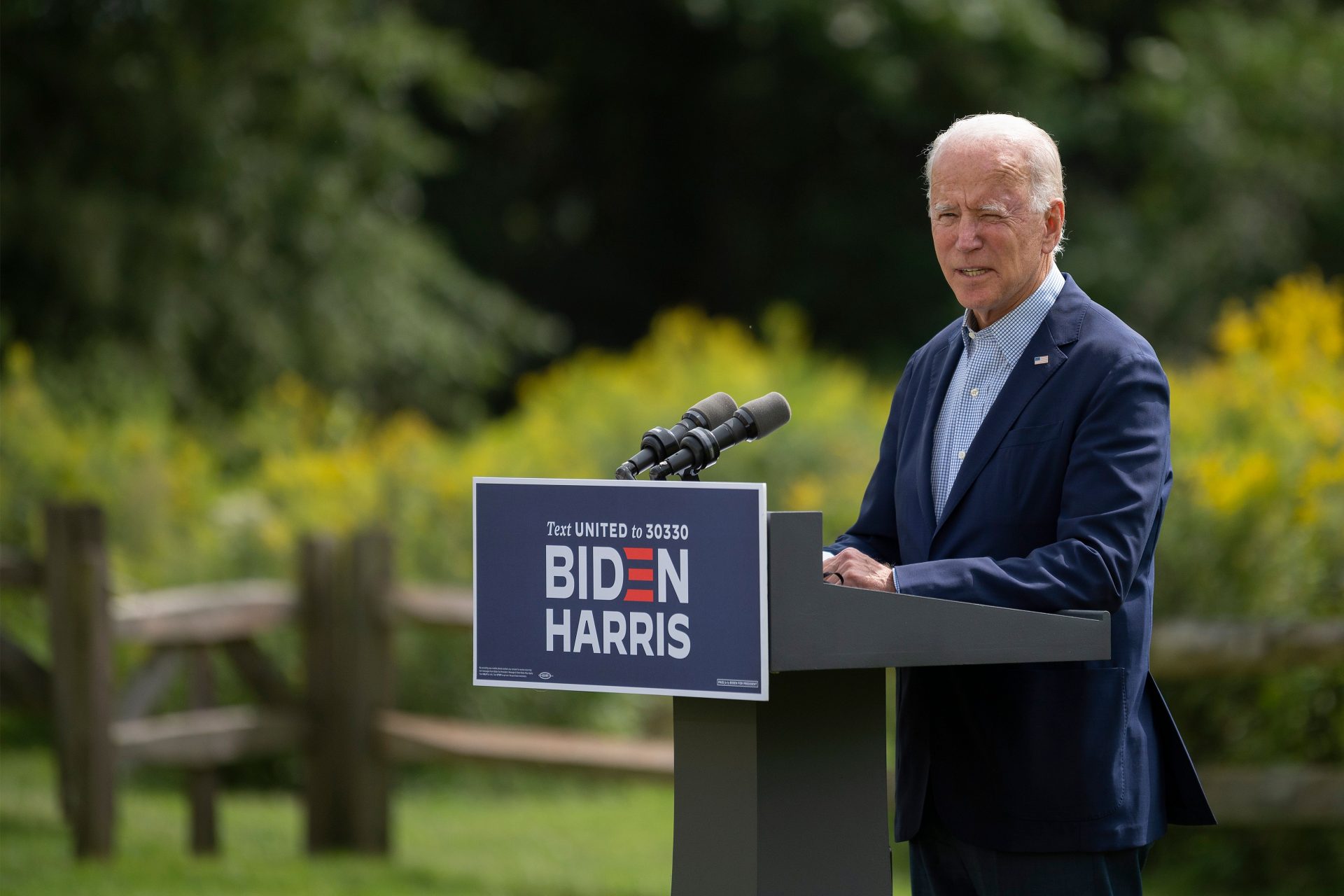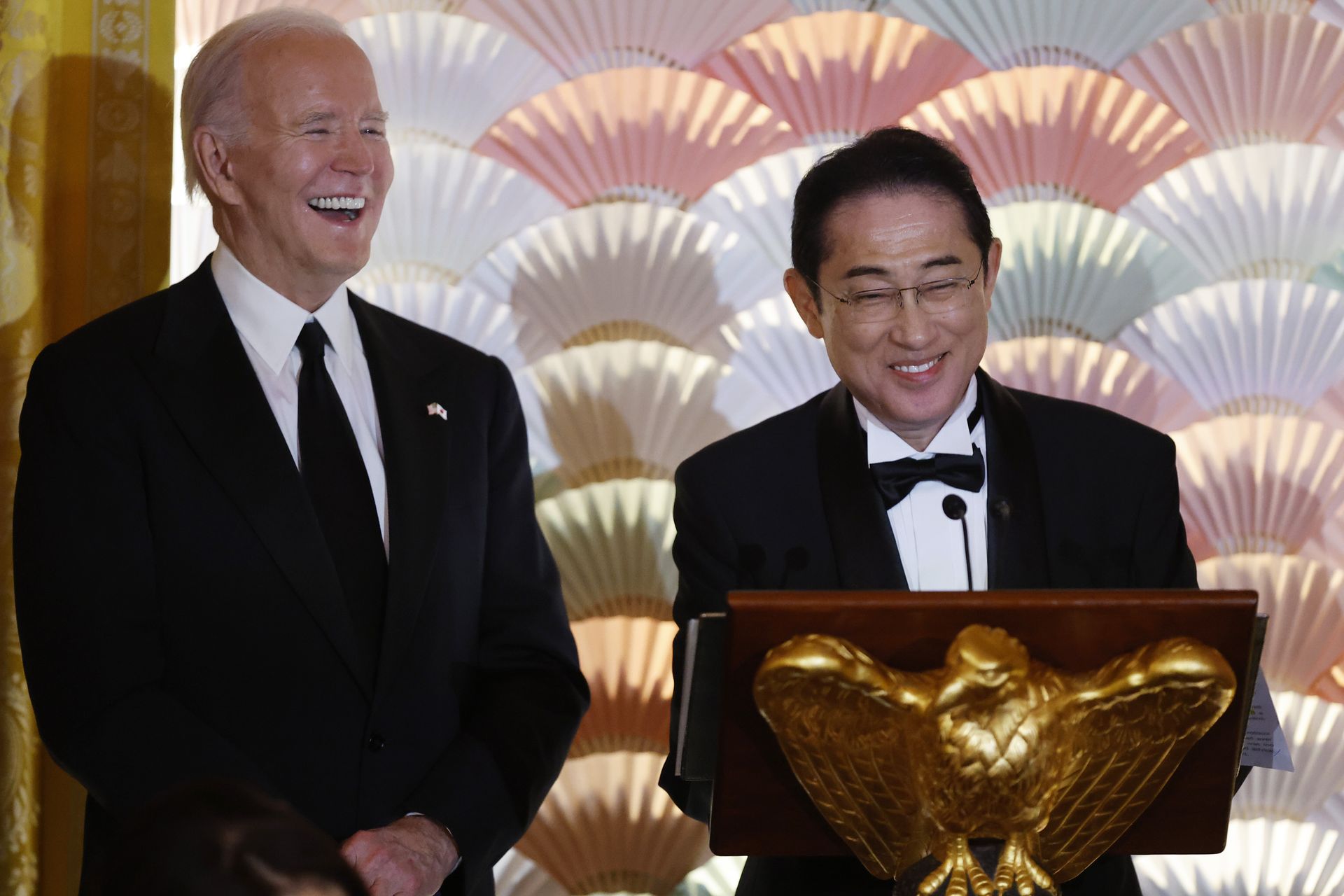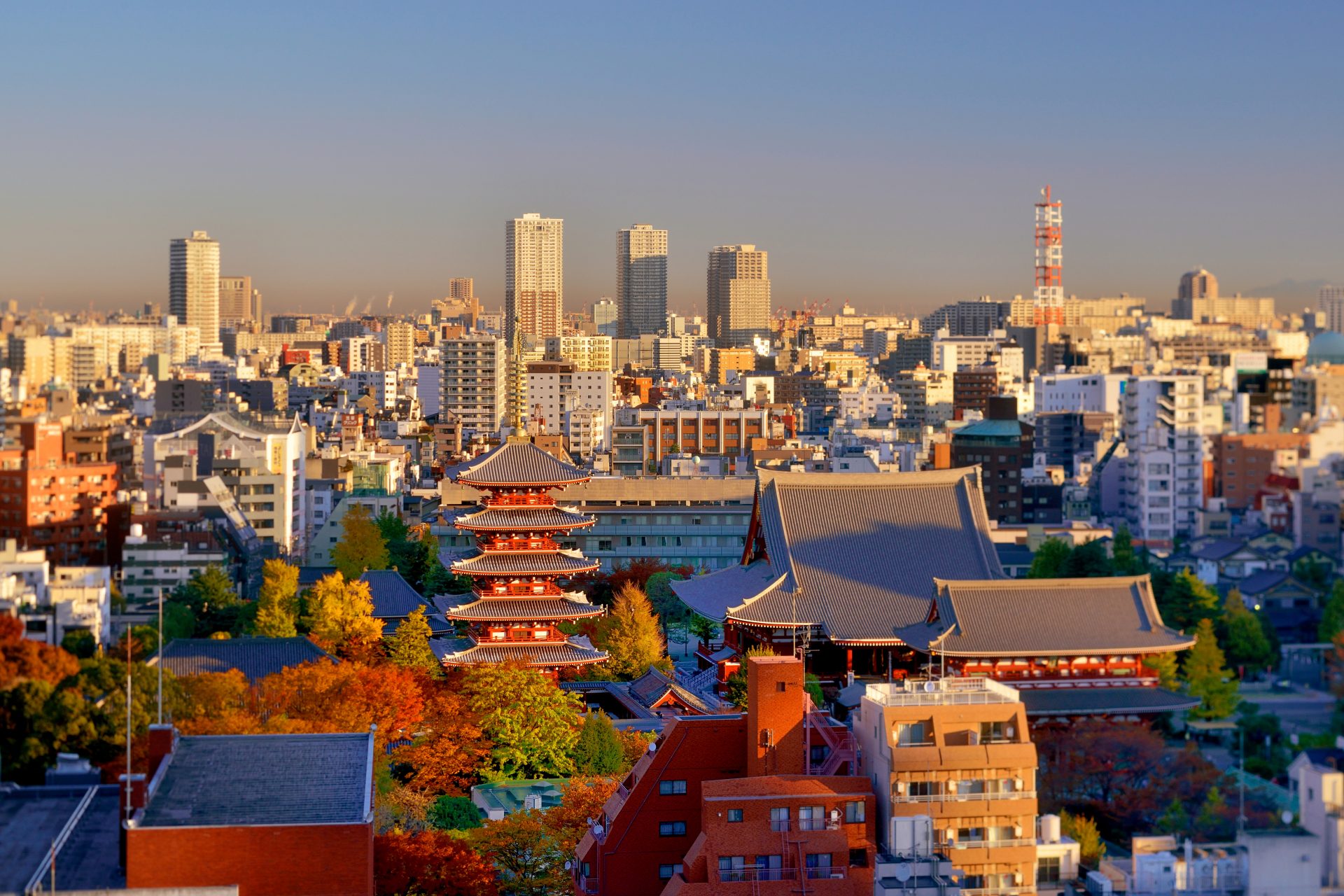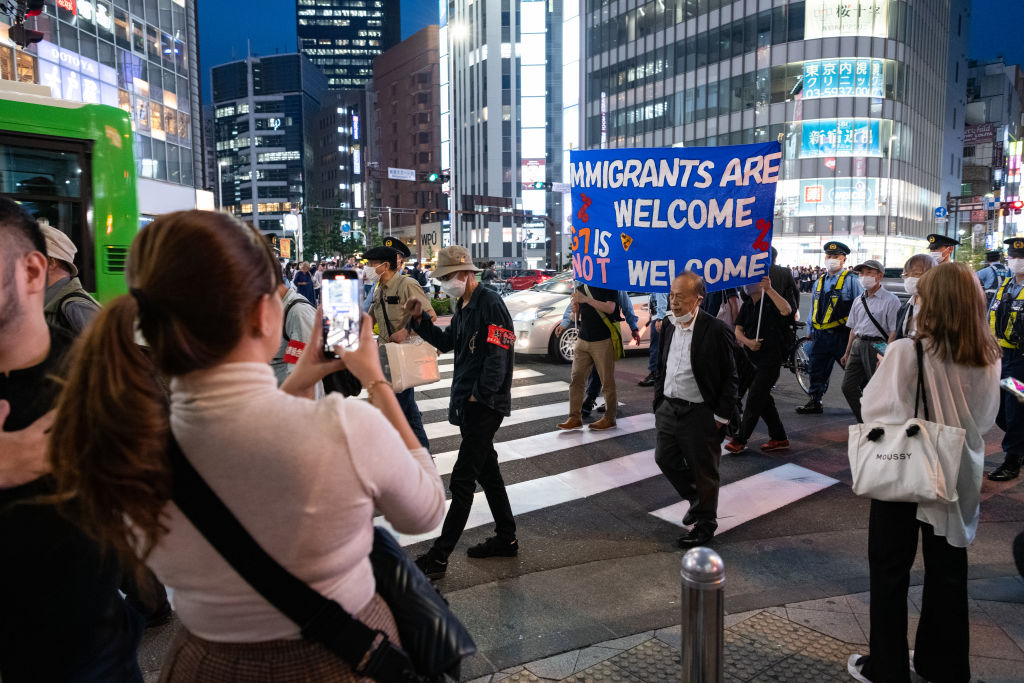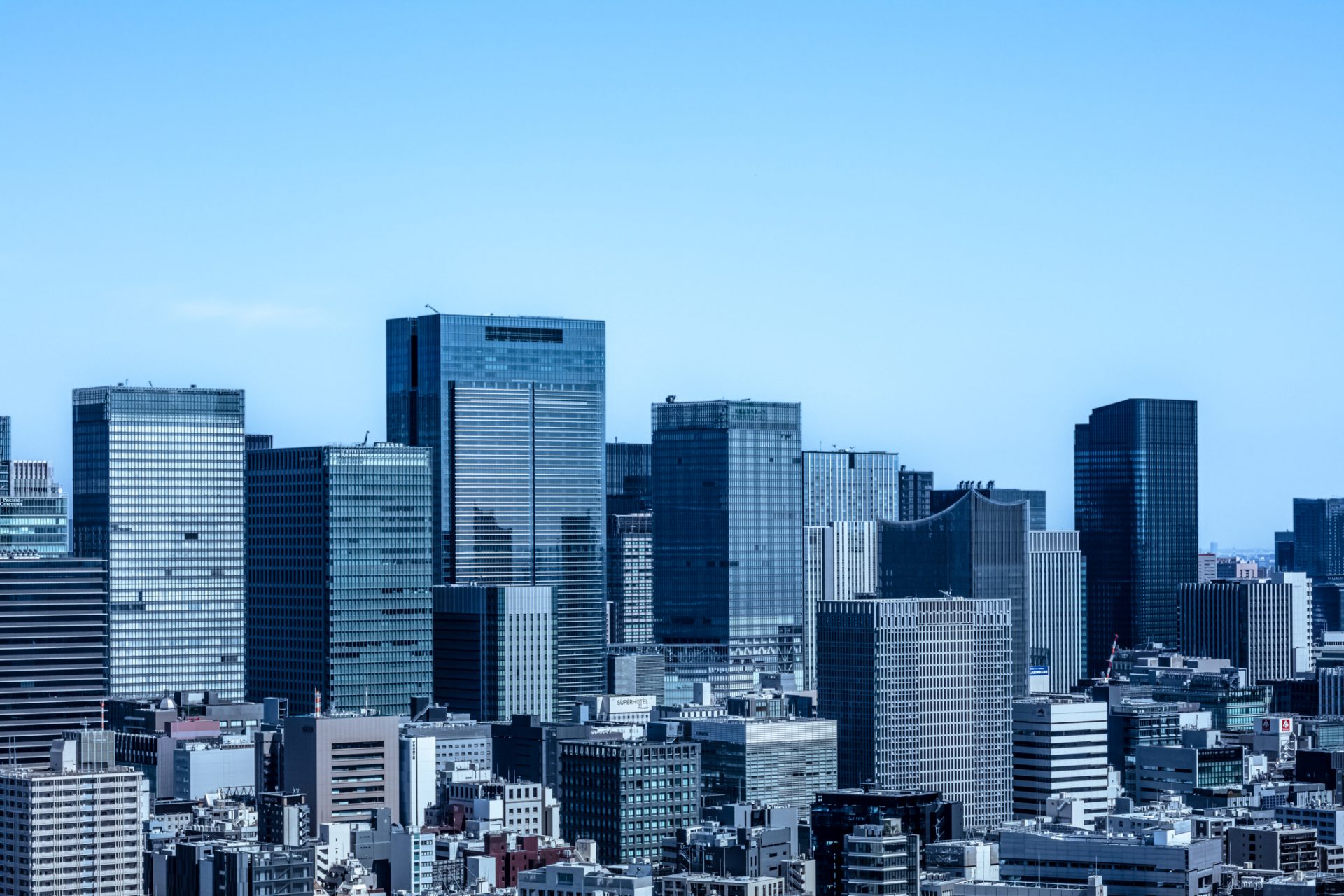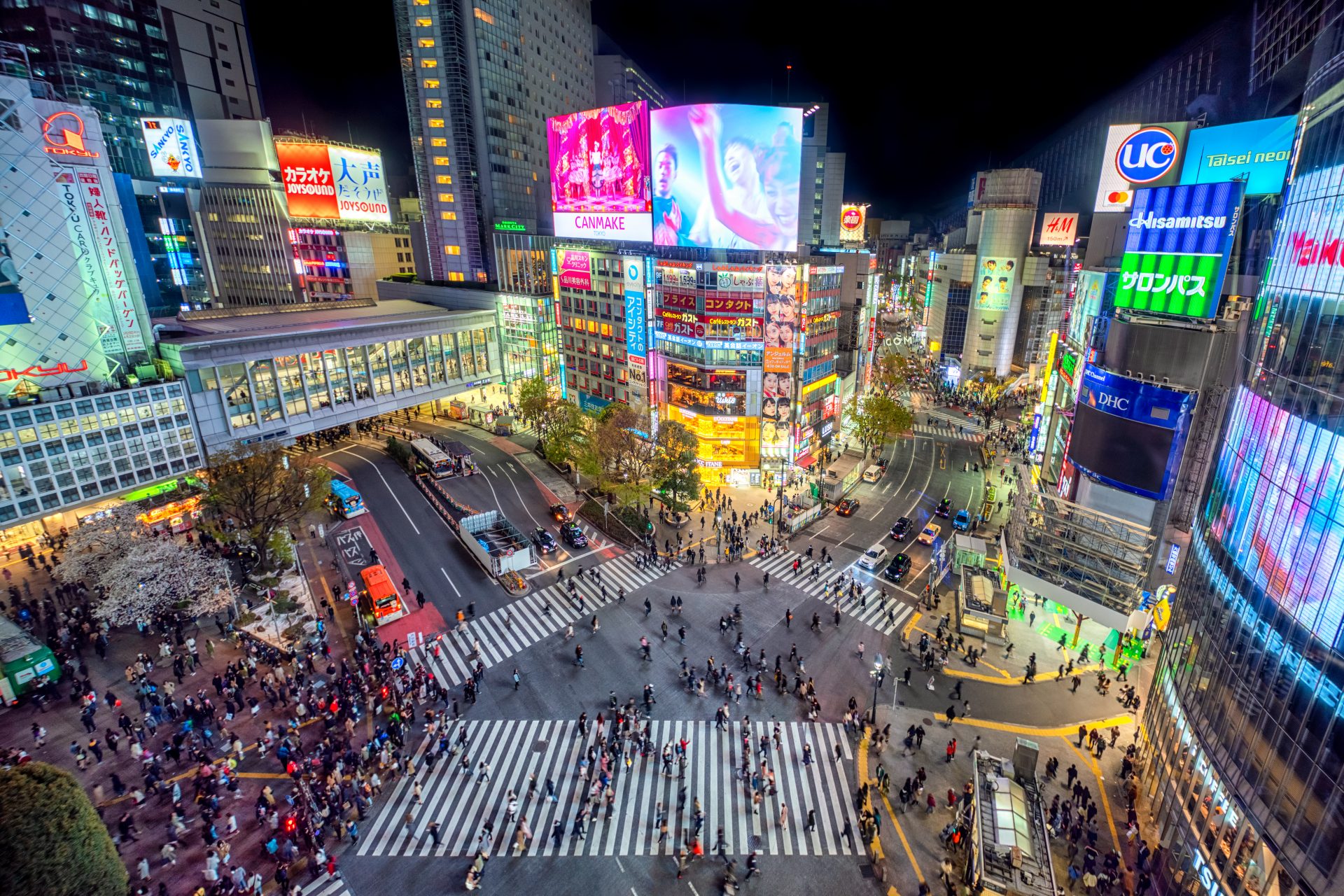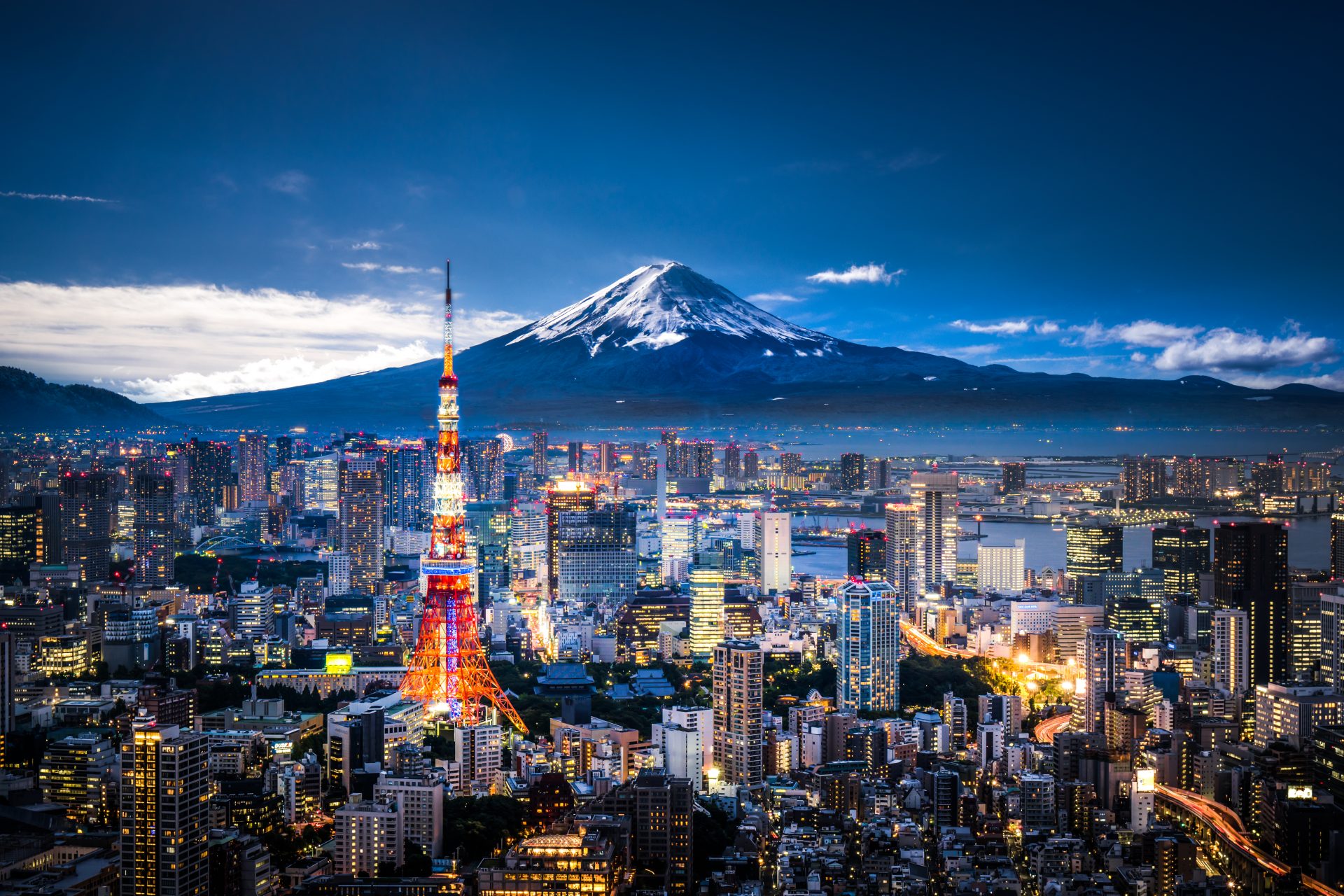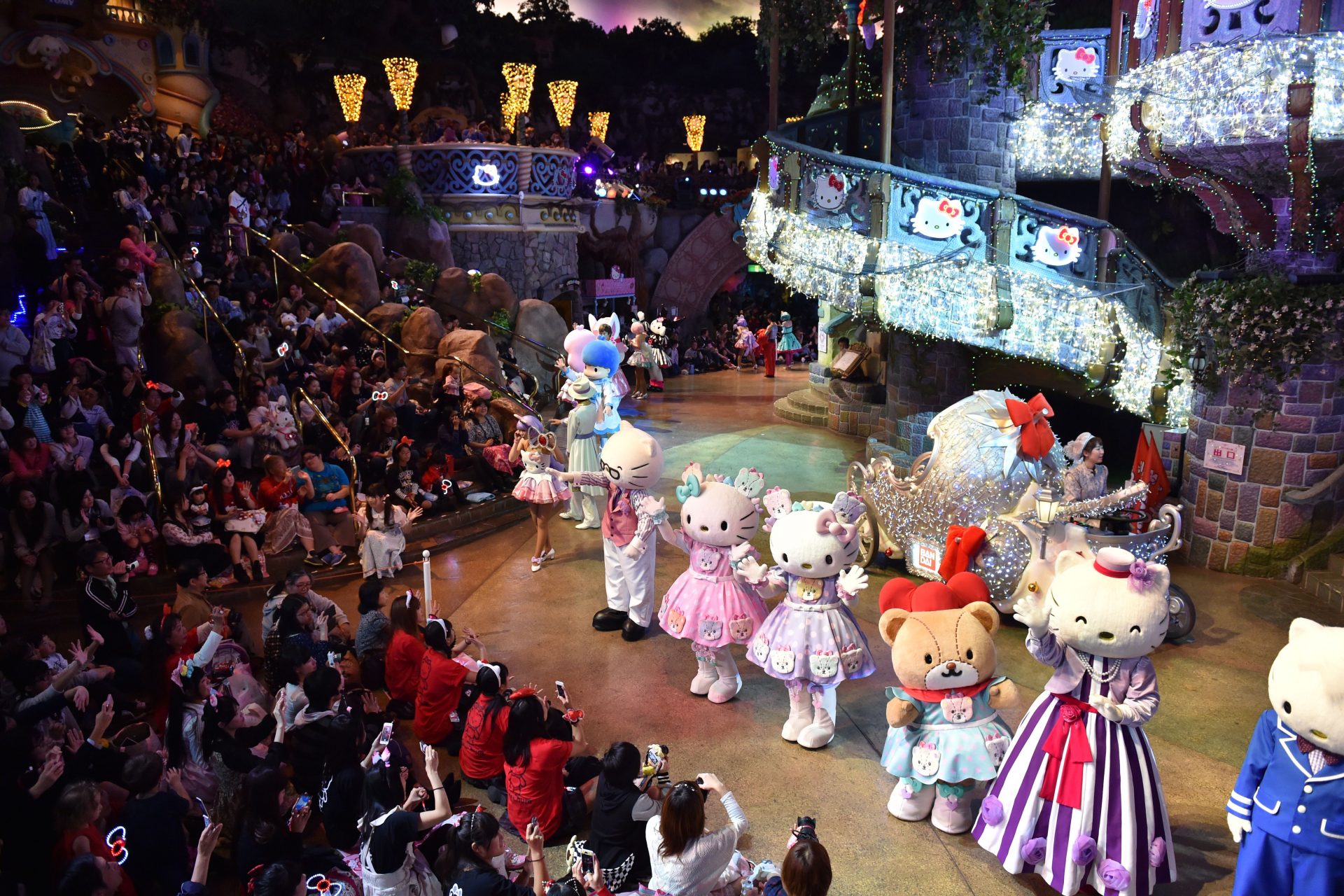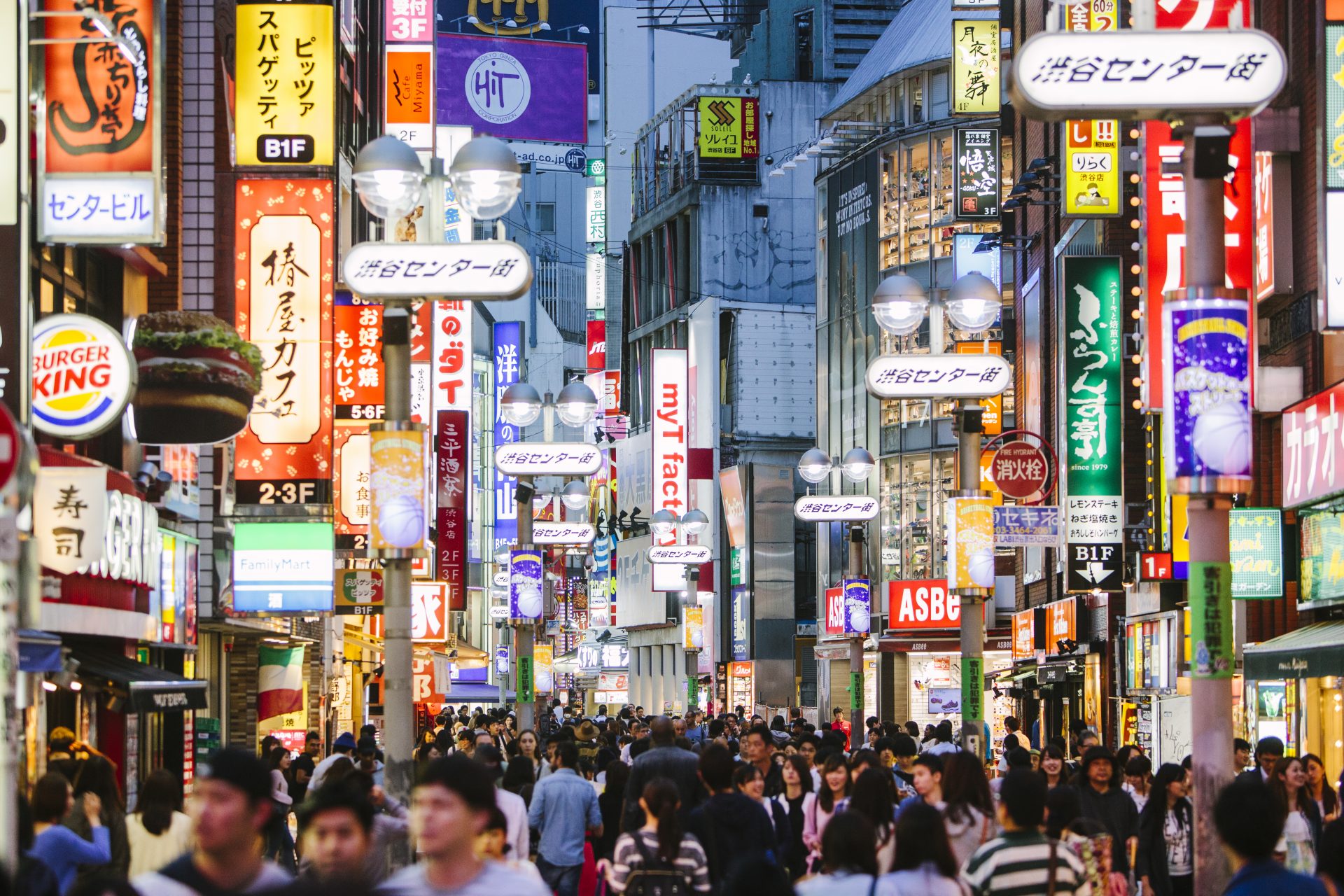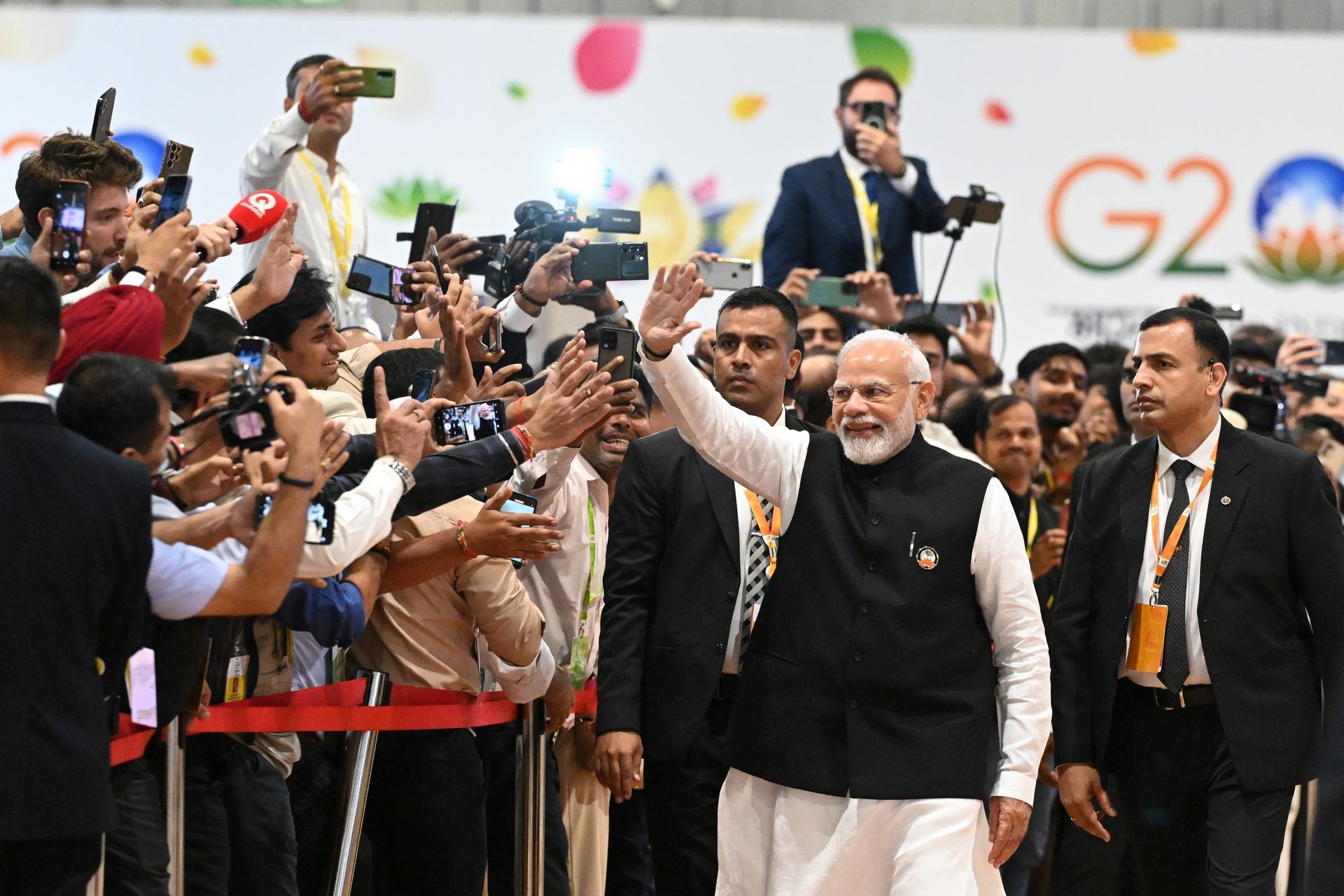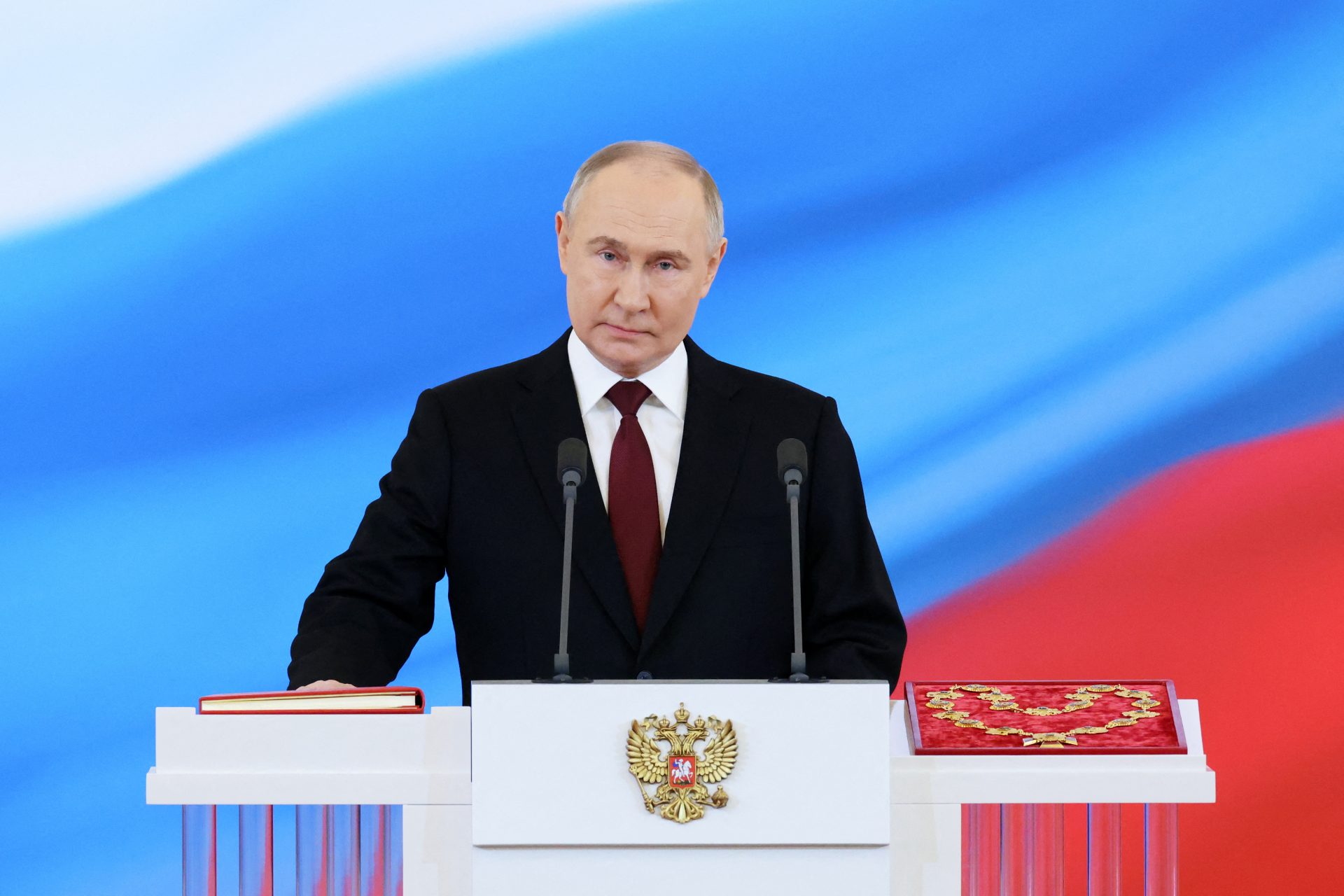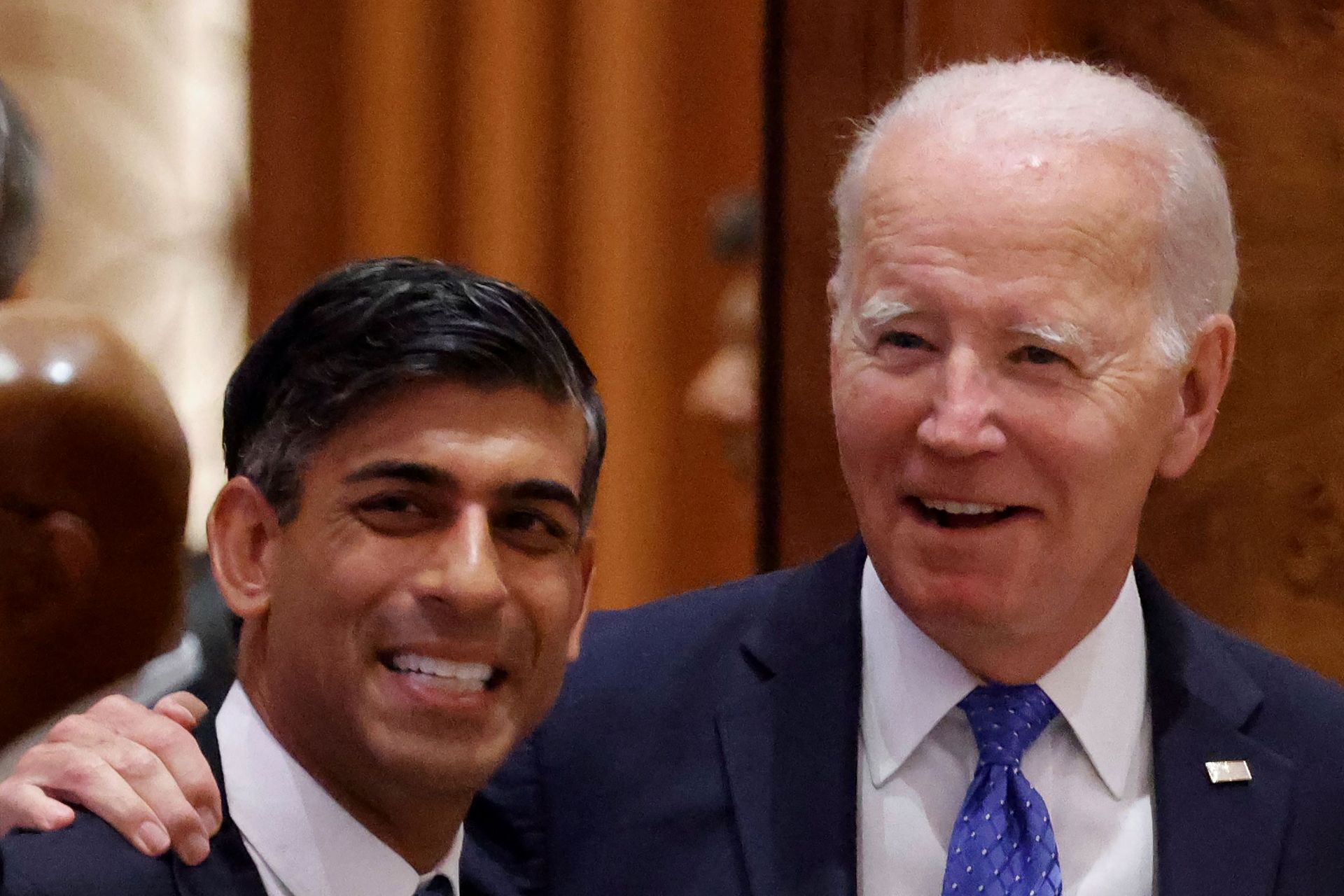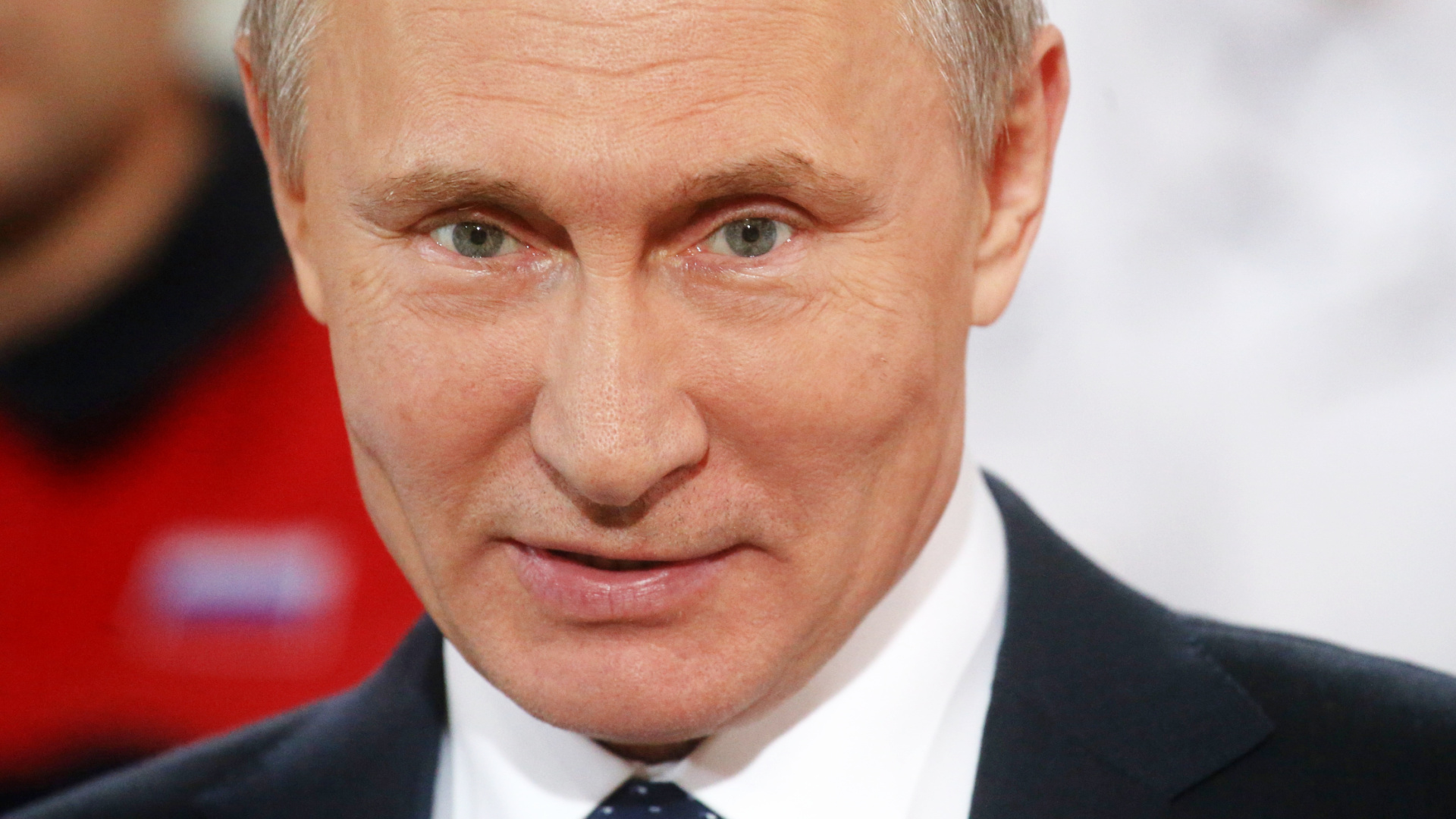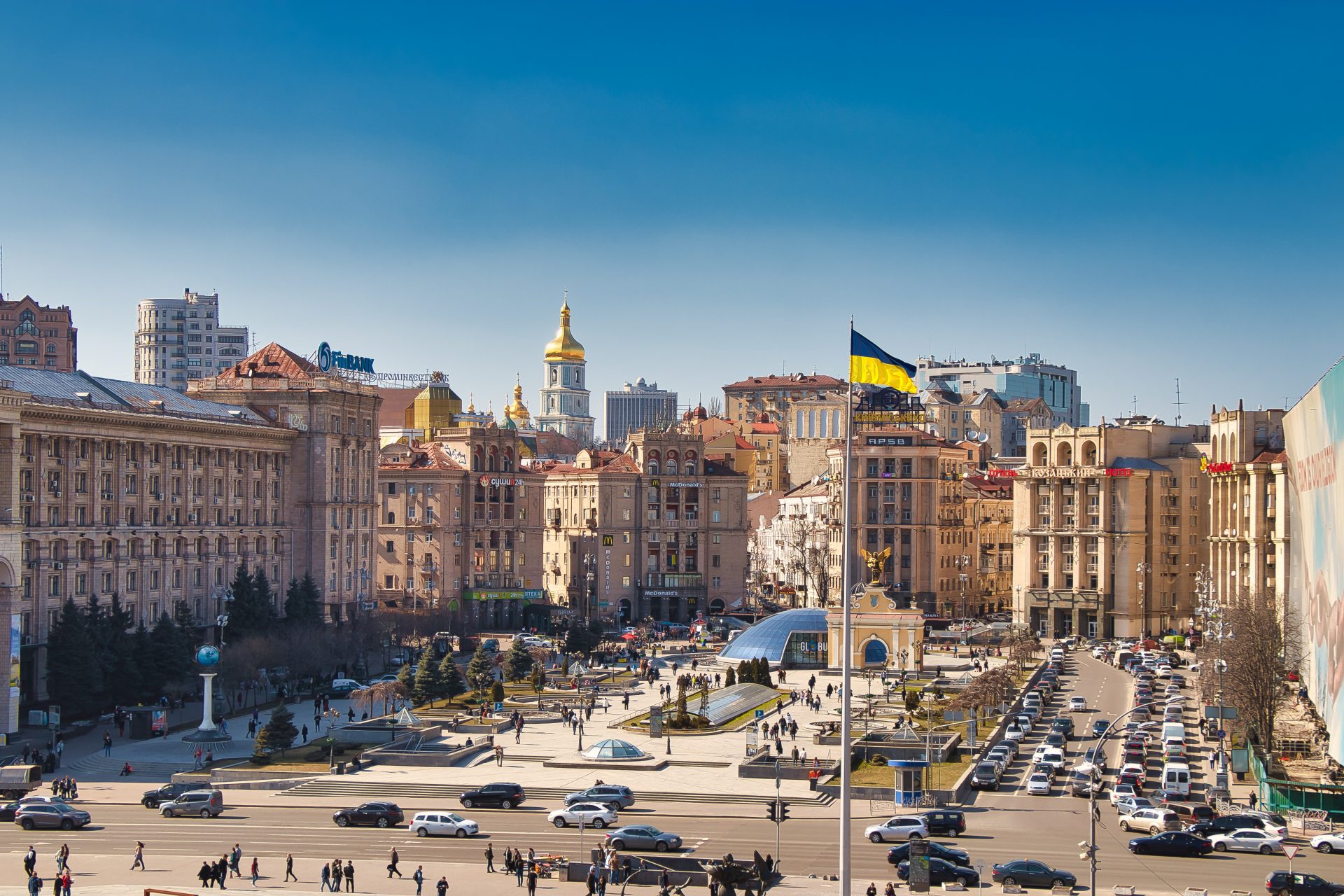Biden said Japan and India are xenophobic... Is he right?
During a campaign speech, Biden surprised the audience by calling Japan and India xenophobic. According to the New York Times, most of the public at the rally were Asian Americans.
The commentary, which remarked on the importance of immigrants for the American economy, surprised experts as both countries are close allies of the US.
However, diplomacy aside, President Biden might not be so mistaken about the willingness of those countries to accept migrant workers and the economic benefits they bring.
According to a feature by BBC Tokyo correspondent Rupert Wingfield-Hayes, Japanese culture is weary of "outsiders." They distrust foreigners enough to accept their population reduction as an inevitable fate.
Wingfield-Hayes used a Covid-era example to illustrate his point. When Japan closed its borders, it did not allow permanent residents to return, treating them like any other tourist.
The Guardian cited an older example. When the 2008 world economic crisis hit Japan, companies offered $3,000 to Brazilian workers of Japanese descent to leave the country and never return.
That reluctance poses an issue when a third of Japanese people are over 60. According to the BBC, only 3% of the Japanese population is foreign-born, much lower than other developed nations.
The declining number of working-age individuals adds to Japan's ongoing economic crisis, which has primarily affected the real estate market, with property prices down since the 1990s.
BBC's Wingfield-Hayes believes the root of the crisis is the same as the root of the population's distrust of foreigners: Japan looks like a modern and advanced economic power, but it is actually stuck in the past.
To halt the issue, the Japanese government eased migration restrictions by widening the definition of skilled workers from only white-collar workers to include some specialized blue-collar workers.
Still, according to an expert from the faculty of global business at Showa Women's University in Tokyo, the policy falls short, as it also raised the language requirements, becoming an obstacle.
Still, the expert believes Japan has the ingredients for a healthy immigration: the job market is not cut-through, and vacancies are generally more than candidates.
Japan's case is clearer than India's. India is one of the fastest-growing economies with a booming population, recently surpassing China as the world's most populated country.
However, the country has recently approved a law that Human Rights Watch qualified as discriminatory: it fast-tracks citizenship for non-muslims in India's neighboring countries but denies it for Muslims.
Biden was definitely right in one of his statements: immigration benefits the economy. According to the George W. Bush Presidential Center, immigration often boosts a country's GDP.
The center used the US case, saying candidates overlook the economic benefits. Immigrant workers increase the economy's productive capacity and inject up to $72 billion annually.
More for you
Top Stories



